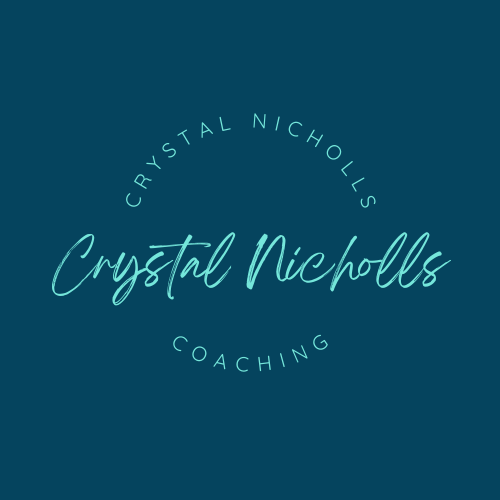Is it Safe for Performers to be in a Calorie Deficit?
As a performer, you face unique physical and mental demands. Eight shows a week, endless rehearsals, and constant auditions can take a toll on your body. It's understandable why you might wonder if being in a calorie deficit is a good idea, especially when we consider the fact that our industry unfortunately still emphasises aesthetics.
I was facilitating a nutrition workshop for a group of young performers a few months ago, and this question came up. Interestingly enough, it wasn't the first time I had been asked this particular question, so I want to take the proper time and care to address it.
What is a Calorie Deficit?
A calorie deficit occurs when you consume fewer calories than your body needs to maintain its current weight. This can lead to weight loss, which is why many people consider it.
However, as a performer, remember that your nutritional needs are different from the average person. The physical demands of your job are significant, and your body requires adequate fuel to meet these demands.
The Reality of Performing Eight Shows a Week
Performing eight shows a week is no small feat. It requires stamina, strength, and mental focus. When you're in a calorie deficit, your body doesn't get enough fuel to function optimally. This can lead to fatigue, decreased performance, and injury. Imagine trying to deliver a non-stop dance routine or hit powerful high notes without the proper energy reserves—it's not sustainable and can ultimately harm your career and your well-being.
Reflecting on the Why
It's crucial to reflect on why you feel the need to be in a calorie deficit. Is it pressure from the industry to look a certain way? Societal expectations? Personal insecurities?
Understanding your motivations can help you make more informed and compassionate decisions about your body.
It's also important to remember that your worth as a performer isn't tied to your appearance. Your talent, dedication, and passion make you unique in what you bring to the table.
The Importance of Proper Nutrition
Proper nutrition is key to maintaining your energy and stamina, and reducing your injury risk.
Here are some important nutrition goals to focus on:
Balanced Diet: Ensure you're consuming a balanced diet that includes a variety of macronutrients—proteins, fats, and carbohydrates. Each of these plays a vital role in your health and performance. Proteins help repair and build muscle, fats provide long-lasting energy, and carbohydrates are your body's primary energy source.
Hydration: Staying hydrated is essential for overall health and performance. Dehydration can lead to fatigue and impaired cognitive function, which can affect your performance on stage.
Regular Meals: Skipping meals can lead to energy crashes and affect your ability to perform consistently. Eating regular, balanced meals helps maintain steady energy levels throughout the day.
Listening to Your Body: Pay attention to how your body feels. If you're constantly tired, it might be a sign that you're not fuelling yourself properly. Listen to your body's hunger and fullness cues.
Bodily Autonomy and Making Informed Choices
Ultimately, you have the right to make choices about your body, including your diet. However, those choices should be informed and consider your overall well-being. If you still feel the need to be in a calorie deficit, it's essential to do so under the guidance of a qualified coach, or a registered dietitian, who understands the unique needs of performers.
Performance and Well-being over Aesthetics
While the idea of a calorie deficit might be appealing for various reasons, it's important to prioritise your health and performance. The demands of performing eight shows a week require you to be at your best, both physically and mentally. Proper nutrition is not just about maintaining your appearance; it's about fuelling your body and ensuring a long, healthy, and successful career.
Remember, your value as a performer is not measured by your size but by your talent, hard work, and the joy you bring to your audience. By focusing on a balanced diet and proper nutrition, you can achieve your goals in a healthy and sustainable way.

